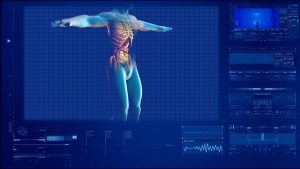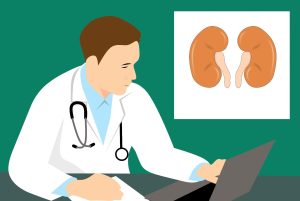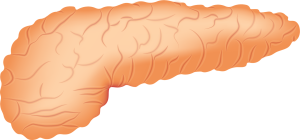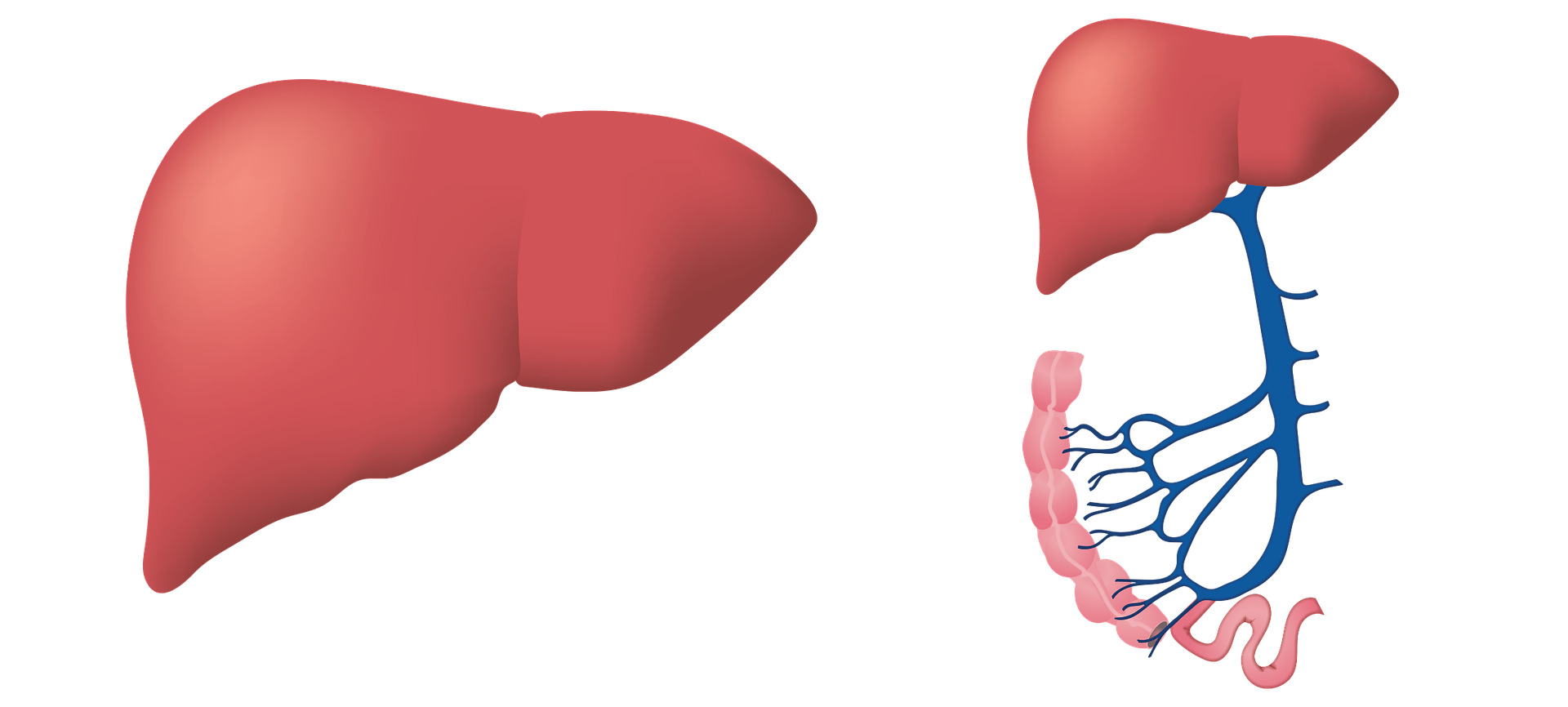Can you live without a liver? No!
The human body is a complex structure that carries multiple organs, all of which have a huge task to keep us all alive. There are indeed some organs that we can do without. However, the liver is not one of them.
There are certain organs that doctors can remove and not lead to the death of an individual. Some of these are the appendix, gallbladder, etc.
While there are other organs of which half can be removed, or one of the pair can be removed, and you can still live with the other half or the other pair working. Examples are the kidneys and pancreas, amongst others.
However, there is something incredibly unique about a human liver – its regenerative property. Magical, isn’t it? But, can you live without a liver? If yes, then how many livers do you have? And if you can or even cannot, how long can you live without liver function?
Let us keep reading the article to find out the answers to the question can you live without a liver and many more that come to our heads.

Table of Contents
How does a liver function?
The liver, needless to say, is one of the most important organs required for us to survive. It performs numerous functions (more than 500 to be approx).
Along with that, it flaunts being one of the largest organs of the human body.
Before we know the answer to whether you live without a liver, let us look into what a liver is and the various functions it performs.
Located at the upper right part of the human body’s abdomen, the liver is approximately a 1.5 kilograms organ.
It is an extremely delicate organ kept safe by the lower ribs. One of the most vital organs performs some vital life-saving functions.
To mention, in short, some of the functions performed by the liver are:
Bile production
The liver helps in the production of bile. Bile is a fluid that is extremely important for digestion and performing various other functions in the small intestine. It helps absorb and break down the fats in the small intestine and carry the waste away.
Albumin production
The liver helps in the production of various proteins. These proteins are essential for blood clotting and immunity. One of such important proteins that are produced by the liver is Albumin.
This protein helps to protect the fluid flowing in the bloodstream and protect it from leaking. It also helps to carry enzymes, vitamins, and hormones to the various parts of the body.
Filtering of the blood
All the blood from the stomach and the small intestine passes through the liver. The liver helps filter the blood of any harmful substances, toxins, or other by-products.
Amino acid production and regulation
The amino acid is the building block of proteins. This means that the production of proteins depends on amino acids. One of the functions of the liver is to regulate the level of amino acids, ensuring that it is healthy.
Urea formation
When the body breaks down the protein (known as protein metabolism), it produces an extremely harmful and poisonous substance called ammonia. The liver helps convert the ammonia into urea which the body excretes through the urine.
Breaks down and stores carbohydrates
The liver helps to remove the excess sugar or glucose, as we know it, from the bloodstream and store it in the form of glycogen. When needed by the body, this glycogen again gets converted by the body and used as glucose.
Urea formation
The liver helps to recycle the iron present in the hemoglobin by breaking it down. This iron is stored and released as and when the body requires it.
Prevents infection
As mentioned before, all the stomach and the small intestine blood passes through the liver. When the liver filters the blood, it also clears any germs and bacteria that might cause an infection in the body. Along with it, the liver also releases immunity.
Clears bilirubin
Hemoglobin metabolism produces bilirubin. This bilirubin can get poisonous if it gets accumulated.
It can result in jaundice, causing the eyes and the skin to turn yellow.
If it exceeds a lot, it can also affect and damage the brain. One of the many functions of the liver is to clear the bilirubin from the body through the bile.
Stores minerals and vitamins
The liver helps in the storage of many minerals and vitamins. Some are vitamin E, vitamin D. vitamin A, vitamin K, copper, iron, and vitamin B12.
Can you live without a liver?
Now that we know the incredible things that this organ does, let us know the answer: can you live without a liver. Well, a person can’t survive without a liver.
The liver performs some incredible functions, and this could be life-threatening. However, is the failure of the liver a death sentence? No, the loss of a liver is not an immediate death sentence.
However, it could be a slow walk towards the inevitable without immediate treatment, transplants, or donation. Unfortunately, there are several instances where the liver can fail and needs to be replaced.
Some of these situations are liver cancer, liver cirrhosis, liver masses, and metastatic malignancies.
Impact of liver failure
But what happens to the body when the liver stops functioning properly? Liver failure can lead to some really serious and unavoidable complications. To mention, a few of them are:
- Electrolyte and fluid imbalance
- Kidney failure
- Jaundice
- Bleeding tendencies
- Cerebral edema
- Altered consciousness
- Viral infections
- Coma
Hence, finding a donor who could donate a part of their liver to the patient in need is important. However, finding a liver donor is very tough.
Unlike other organs of the body, where it is alright not to get a perfect match for the organ, the case is far more complicated for a liver transplant. This is because the rate of tissue rejection is high when it comes to the liver. Hence, the donor has to go through multiple tests to ensure that they are a perfect match.
A very obvious question that might now arise in the minds of many is after we know the answer to can you live without a liver is how long can you live without a liver transplant. To be approximate, the maximum a person can survive without a liver transplant is around two years.
Can your liver grow back?
The most amazing part of our liver is its ability to grow back.
In situations where half portion of the liver of a person gets removed due to various complications, their worry for surviving is quite less.
This is for the fact that our liver magically grows back to its original, fully functioning self with time.
You would be amazed to know that the growth speed is maximum during the few two weeks after the liver removal surgery.
After this, the speed gradually decreases. If you are wondering, even during the regrowing phase, the liver can continue to function fully.
You would be astonished to learn that the liver can function fully with 100 percent capacity even if 75 percent of it is removed through surgery. Quite unbelievable, is it not?
Hence, a person can donate a part of their liver and be a donor to save a life in danger. Both the donor and the patient can live a happy and healthy life because they will have a fully grown and functioning liver to live their lives in just a matter of time.
Hence, can you live without a liver? Definitely yes, only if it is partially removed.
How long can you live without a liver functioning?
Our liver has the power to regenerate. So, even if you have to remove a part of it, the organ grows back with time. However, if the organ is slowly shutting down, you can survive around two days without it. Doctors have to perform an immediate surgery to save a life in such a case.
Can you live without a kidney?
Kidneys are bean-shaped organs located at both sides of the spine, just below the ribs.
Roughly 4 to 5 inches in length, the kidneys have a critical function to perform.
It helps to filter the toxins out of the urinary system and ensures that the body’s fluid system is in control. It also confirms that the blood pressure is in control by producing the required hormones.
However, one of the crucial functions of the kidneys is that it helps filter all the blood in the body. The blood passes through the kidneys at least 40 times per day. It helps remove the waste from it and adjust the mineral, salt, and water levels. The kidneys fail when the blood that flows to them stops.
Without both kidneys, there is very little chance of survival for a person. A person would have to go through regular dialysis to survive in such cases.
Dialysis is the process of filtering the blood with the help of a machine and removing the excess water and waste substances. However, the chances are a little higher if you have one kidney that is not working properly.
In this case, the body has a backup kidney that helps to perform all the functions. This is why it is possible to donate a kidney to someone else and still live.

Can you live without a heart?
A human heart is a muscular organ located between both lungs, slightly on the left side, and is protected by the breast bone. The heart performs
Some of the crucial functions that the heart performs are:
- It receives deoxygenated blood from the body’s various tissues and gives out oxygenated blood
- It makes the blood rich in oxygen by removing carbon dioxide and other waste materials
- Helps to maintain the blood pressure of the body
- Helps the blood to reach the various organs of the body
Talking about if a person can survive without a heart, it is not. A person can survive only when the heart is replaced permanently by another fully functioning heart. However, it is now possible to keep a man alive for some days using a mechanical device that supports the heart in recent times. But, this technology is limited and does not ensure complete survival.
Can you live without a pancreas?
The pancreas is located under our stomach, in the abdomen. The function of the pancreas is to ensure good digestion. It also secretes hormones that help regulate sugar metabolism, thus maintaining blood sugar.
The good part is that a person can survive without a pancreas. With the new age medications available, a person can easily survive up to seven years without a pancreas.
However, they would make some strict changes in their way of living. They would have to include certain medicines in their everyday diet that would perform the functions of the pancreas in its absence.
In recent times, with the high level of medications, one would not have to remove the whole pancreas with surgery but only the part that is needed.
In very rare and complicated cases, such as pancreatitis, pancreatic cancer, or any pancreas injury, one has to undergo surgery to remove the whole pancreas. The survival rate is around 31 percent for at least seven years.

Final Thoughts
Our liver is one of the main life-sustaining organs of the body. It performs some incredible functions making sure we live a healthy life. Although many are aware of this, they are not aware of the liver’s amazing regenerative properties.
But can you live without a liver? Well, that is not possible. Hence, if a near one is in urgent need of a transplant and the tissue matches with someone, do not think twice before convincing them to go for the transplant. With the magical regrowth properties, both of your livers would grow back to their original sizes in some months.

